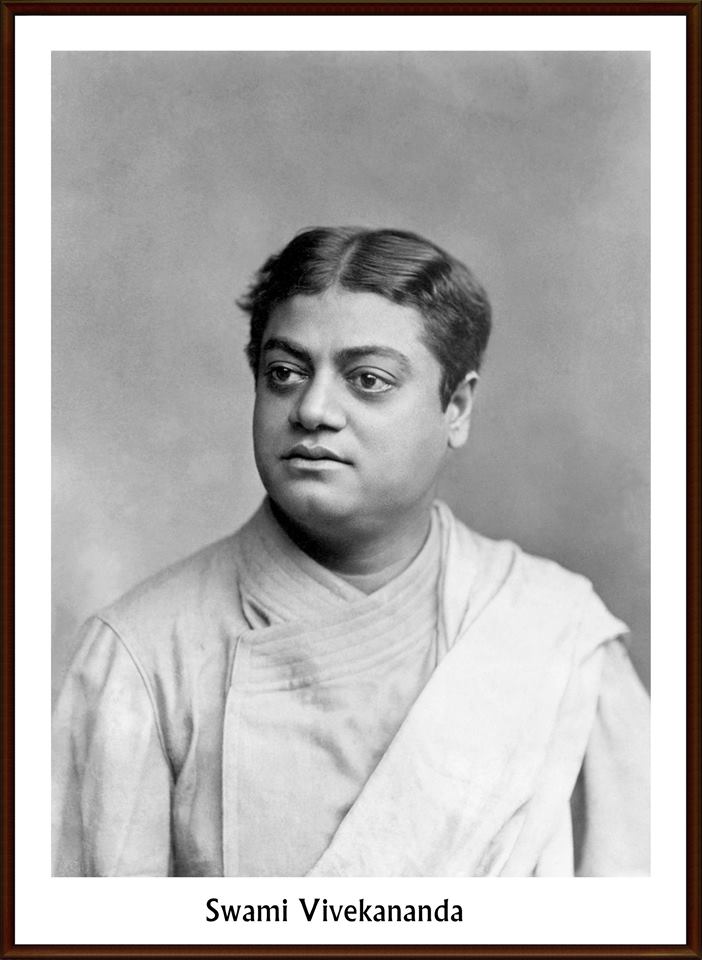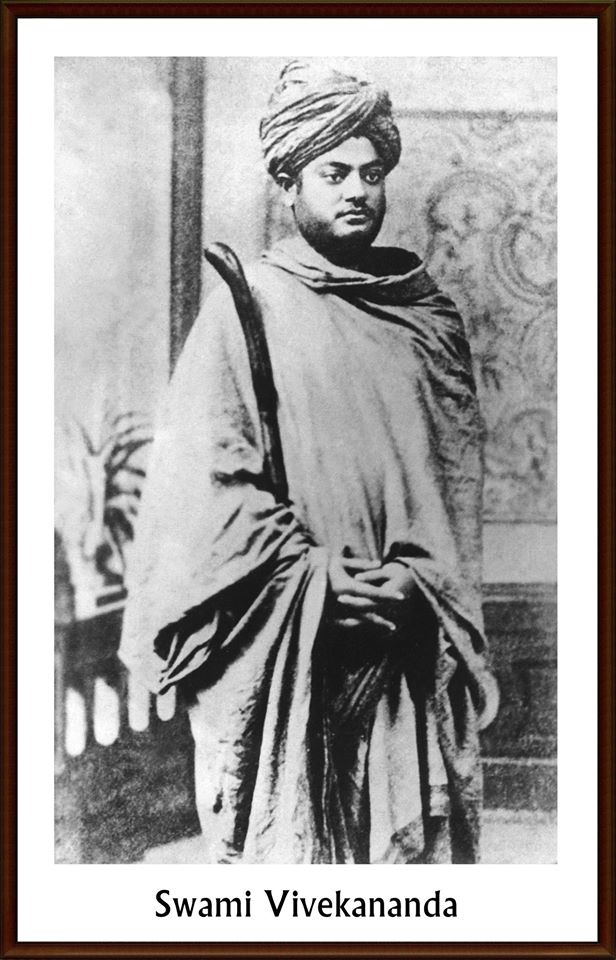Jnana-Yoga :2-17.

CHAPTER -2. THE REAL NATURE OF MAN : 17. (Delivered in London) 17. I am the Emperor of the world." "No," replied the man, "I don't care for those things." The Emperor replied, "If you do not go, I will kill you." The man smiled serenely and said, "That is the most foolish thing you ever said, Emperor. You cannot kill me. Me the sun cannot dry, fire cannot burn, sword cannot kill, for I am the birthless, the deathless, the ever-living omnipotent, omnipresent Spirit." This is spiritual boldness, while the other is the courage of a lion or a tiger. In the Mutiny of 1857 there was a Swami, a very great soul, whom a Mohammedan mutineer stabbed severely. The Hindu mutineers caught and brought the man to the Swami, offering to kill him. But the Swami looked up calmly and said, "My brother, thou art He, thou art He!" and expired. This is another instance. What good is it to talk of the strength of your muscles, of th...





